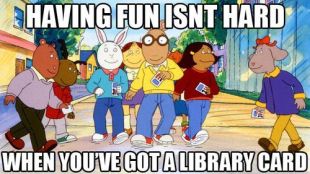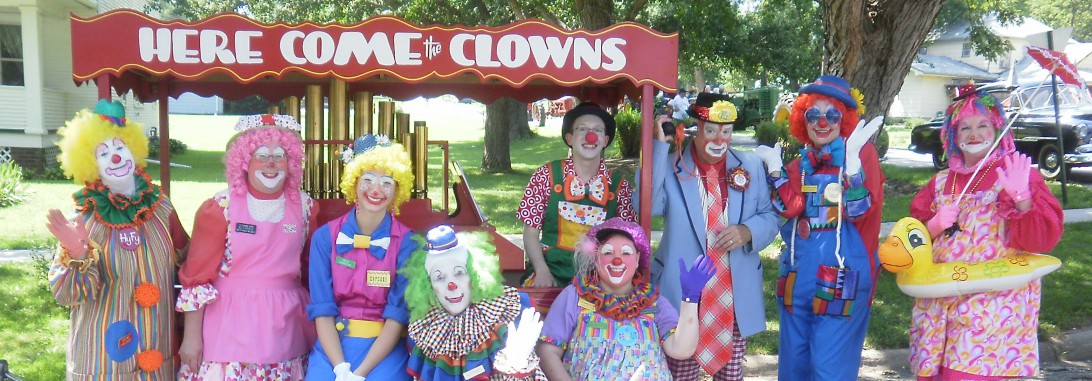
In my experience working with non-profit organizations, there’s one thing I’ve learned – know your audience. This may be the most important aspect of selecting appropriate reading materials for school libraries or classroom study and discussion.
The freedom of inquiry is essential to education, yet some schools still have guidelines to which they adhere based upon the local culture and social acceptance. There are quite a few issues to weigh when making selections:
1. Age/maturity of the students versus the age appropriateness of the reading material
2. Balance student choice/freedom with parental guidance/preferences
3. Balance librarian/teacher’s preferences with parental/student preferences
4. Be aware of source for recommendations of books – literary critics, book organization, parent organizations, students.

Unfortunately, the article “A Dirty Little Secret” reads like an accusation from offended, whiny authors complaining about librarians rejecting their books for whatever reason. Everyone shows self-censorship in a given situation, often called an internal filter. For example, internal decisions can be as simple as not using obscene language in public because it’s viewed as inappropriate, to something as serious as making false accusations, sometimes creating a legal problem.
Decisions, such as selecting appropriate books for students, take on an additional layer of importance if your job and/or personal safety are part of the equation. It’s clear that librarians (and teachers) must have some level of protection in the form of a literature selection policy, backed up by school administration. This also helps the school maintain the library, especially if faced with an “offended” person or group, complaining via phone, email or in person.
 Following are suggested actions from the National Council of Teachers of English (NCTE) on how to handle a complaint:
Following are suggested actions from the National Council of Teachers of English (NCTE) on how to handle a complaint:
1. If the complainant telephones, listen courteously, and invite them to file their complaint in writing, but make no other comments.
2. If they write, acknowledge the letter promptly and politely.
3. In either case, offer to send the complainant a prepared questionnaire so that he may submit a formal statement to a book selection committee, or administration.
4. A standard procedure will provide an appropriate response to criticism or questions. The form would include the name of the book in question, the complainant, if they’ve read the book, to what do they object, what they would like to be done with the book (do not assign to my child, withdraw, re-evaluate), and any suggestions they might have for a replacement.
I’m fairly “old-school” when it comes to my personal comfort zones, and there are certain predictable types of books or stories that I steer clear of, such as Shakespeare’s Titus Andronicus. It’s far too violent and gory for my taste, but I’d be unlikely to “ban” it from the library. Again, know your audience! Some topics might not be appropriate for younger classes, but as I get to know my students and their parents, hopefully I’ll have the good judgment to know how to approach topics the students want to discuss.


I think this is a good thing to do! You must know your audience. If you don’t then you could make a mistake about sharing a book or something that will offend other people.
LikeLike
It’s true, knowing your students, knowing the culture of the school and town, and knowing about the material you’re providing are all important knowledge when selecting books, reading material or plays.
LikeLiked by 1 person
As you teach your classes you will come to know the students better, as do the librarians. As a matter of fact, perhaps the librarians have it better because they can get to know the students over the years they are in the same school!
LikeLike
I like that: Know your Audience……. nicely said…. I liked your guidance for issues …good points
LikeLike
Art isn’t complete until it’s seen, that goes for books too! 🙂 Know your audience, avoid what might be considered “controversial” unless you can “back it up” and have the support of your administration. Of course, some people are looking for a reason to be offended, hopefully that’s not your students!
LikeLiked by 1 person
I don’t think it is the students that are usually offended. They are usually pretty open for discussions. Not that their opinion changes but at least they give their classmates a chance to voice their opinion.
LikeLiked by 1 person
I really appreciate the great suggestion from the National Council of Teachers of English about on how to handle a complaint. It is so important to offer this kind of advice to future and existing teachers. Thanks for including this!
LikeLike
We need all the advice we can get in these matters don’t we?
LikeLike